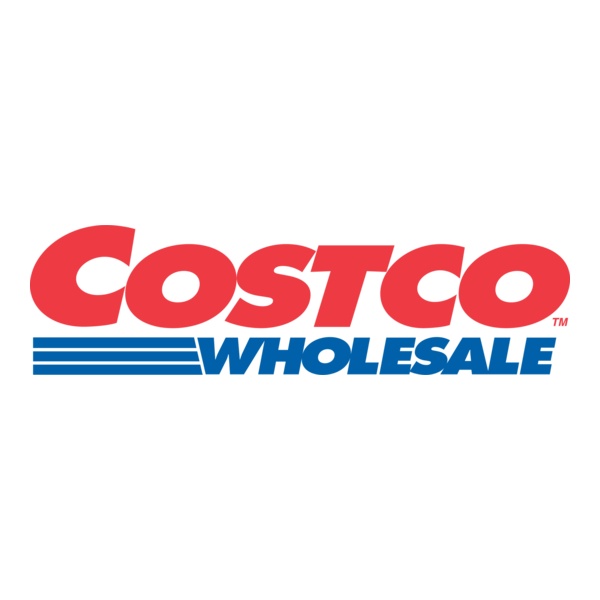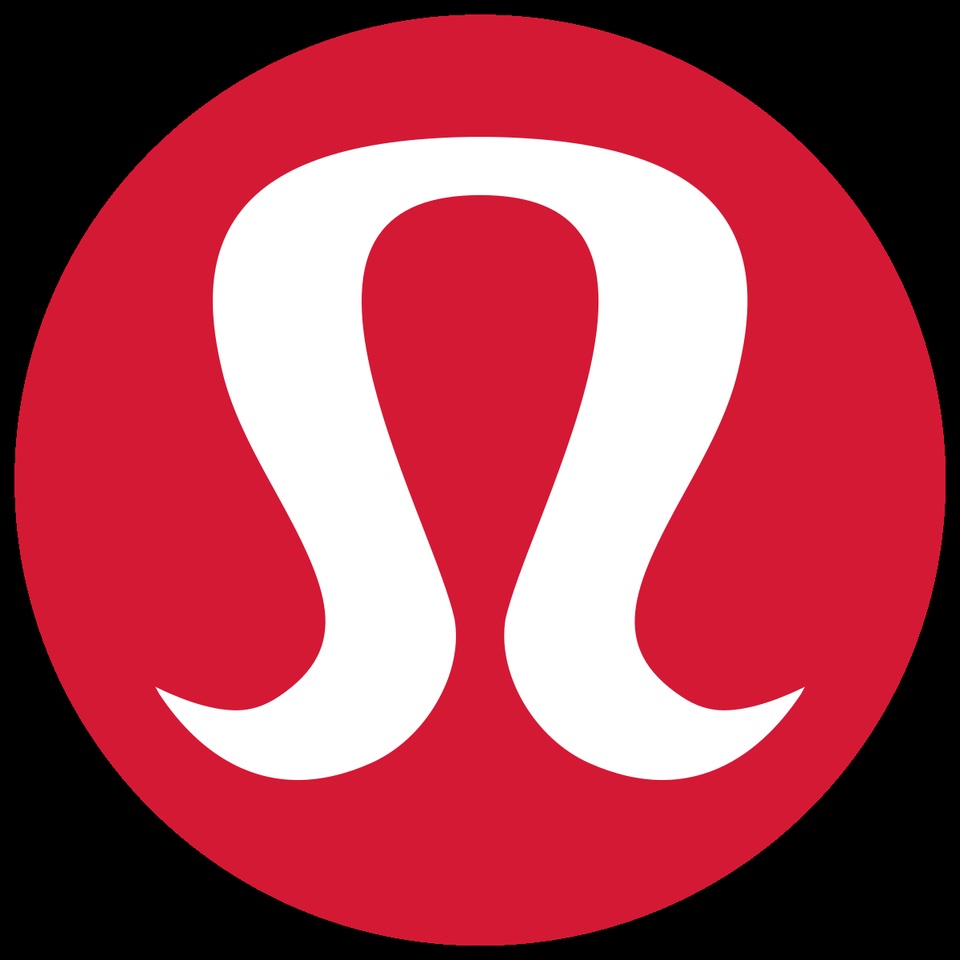

https://www.tradingview.com/news/DJN_DN20250711007713:0/
You can learn a lot about one of America's most valuable and beloved companies from a lawsuit about pants.
$COST (+0,1%) was recently sued by $LULU (+0,51%) for allegedly selling cheap imitations of the athleisure brand's premium apparel. One of those products is a pair of comfortable, fashionable and extremely popular men's pants by Lululemon, which were launched a decade ago and cost $128.
A few years ago, Costco began selling a version of these pants that looked and felt suspiciously similar - for $20.
And you don't need a law degree to read this legal document and understand why so many people are so enamored with Costco.
These pants were part of the Kirkland Signature private label, which is based on a simple but powerful idea: Sell high quality products at low prices. With this philosophy, Kirkland has become an integral part of Costco's success. None other than Costco co-founder Jim Sinegal describes the introduction of Kirkland three decades ago as one of the most pivotal developments in the company's history.
The private label now accounts for around a third of Costco's sales - and is growing faster than the company as a whole. Costco's total sales have almost doubled since 2017. Kirkland's sales have almost tripled.
It is now larger than many of the world's largest companies. Kirkland alone generated 86 billion dollars last year - more than the entire Procter & Gamble group. In fact, this brand, known for its no-frills affordability, achieved roughly the same annual turnover as luxury giant LVMH.
Kirkland doesn't just drive sales. The brand also creates customer loyalty. It gives people a reason to become members - and members a reason to keep coming back. If the cult of Costco had its own drink, it would undoubtedly be Kirkland Signature.
Perhaps the most important thing Kirkland does is lower the prices of other brands.
To understand that, you have to understand the basics of Costco economics. The company carries fewer products than traditional retailers and makes up for the smaller margins with extremely high sales volumes. Branded products are sold at Costco at no more than a 14% markup over cost, even if that means losing out on potential profit. Only with Kirkland products does Costco allow itself an exception and permits a mark-up of 15%.
The mere existence of a new Kirkland item can change an entire product category. It means less space for other suppliers, more negotiating power for Costco's buyers - and significantly more value for members.
That value is such a point of pride that executives regularly highlight certain niche Kirkland products and their savings on earnings calls. At the last report, they bragged about lowering the price of macadamia chocolate clusters from $17.99 to $14.69.
(Before we go any further: Check out this video about Kirkland's business. It's as good as the famous Costco fried chicken).
But even the Costco executives who dreamed up Kirkland never imagined it would become so lucrative.
It all started when Sinegal noticed something strange about his business: even when the cost of raw materials went down, the price of branded products kept going up. This inefficiency became his opportunity.
Costco introduced a private label in 1995 and named it Kirkland Signature - a reference to the company's then headquarters in Kirkland, Washington. The name stuck, even when the company later moved to Issaquah.
From the very beginning, one thing counted more than the price of Kirkland products: their quality. When the company was just considering a private label, Sinegal sent a handwritten memo to Costco executives listing all the reasons why it was a smart concept.
"Quality private label," he wrote, underlining the word twice, "can not only gain acceptance but also generate intense loyalty."
To maintain that quality, the company subjects Kirkland products to the same relentless standards as all other items in Costco's warehouses. They have to earn their place in the best retail location. If they don't pass, they're out. "We can't fall in love with our own stuff," CEO Ron Vachris said in a recent conference call.
Kirkland toothpaste was once discontinued because it couldn't compete with Colgate and Crest, according to the book "The Joy of Costco." The first two Kirkland beers flopped before Costco tried again last year and finally came up with a good lager. The company does not produce these products itself, but works together with manufacturers. Costco only enters markets where it can match or beat national brands on price and quality - which explains why there are no Kirkland electronics.
There is no Kirkland Signature smartphone, but almost everything else: toilet paper and kitchen rolls, wine and mineral water, fresh sushi, the famous nut mixes and whole loaves of Parmigiano Reggiano.
And clothes, of course. Earlier this year, my colleagues Sarah Nassauer and Nikki Walker visited Costco headquarters for an insightful conversation with Sinegal, the company's legendary former CEO. He was dressed from head to toe in Kirkland: socks, shoes, glasses - even his underwear.
Sinegal can thank himself for his wardrobe.
Costco is so rigorous in its selection and so fanatical in its standards that every single Kirkland product has to be personally approved by the CEO. When he was still running the company, Sinegal marked his approval with a green pen he carried in his shirt pocket. The - you guessed it - was often from Kirkland Signature.
"Seam by seam, button by button," he once told students, "it's one of the best shirts you can find."
And that brings us back to the strikingly similar pants, which are sold at radically different prices.
Lululemon's ABC pants are named after the company's proprietary "anti-ball crushing" technology. Now they are causing accusations of anti-competitive behavior.
Lululemon accuses Costco of profiting from its intellectual property and "sweat labor" and calls the lawsuit a battle against retailers who chose to copy "rather than compete." Lululemon says Costco copied several features of its ABC pants - including the stretchy fabric and crotch insert - and argues that they are non-functional and trademarked like the distinctive shape of a Coca-Cola bottle or the red sole of a Louboutin shoe. Costco has not yet responded to the lawsuit and declined to comment.
This is not the first time this year that Costco has been targeted for selling "dupes" (imitations). Deckers Outdoor also sued the company over Kirkland unisex sheepskin slip-on shoes that resemble Uggs. In this case, Costco filed a motion to dismiss the lawsuit.
But the Lululemon lawsuit could ultimately turn out to be free advertising for Costco - the company's favorite form of advertising.
That's because the news coverage of the lawsuit let many customers who would never spend $128 on a pair of pants know that their favorite company was selling a visually similar product for a fraction of the price.
And when they learned that these allegedly imitation pants were not currently available, it was only because they were doing what they always do when they hear about a new Kirkland product:
They immediately went to Costco to hunt for their next bargain.


